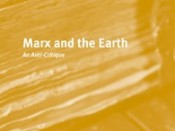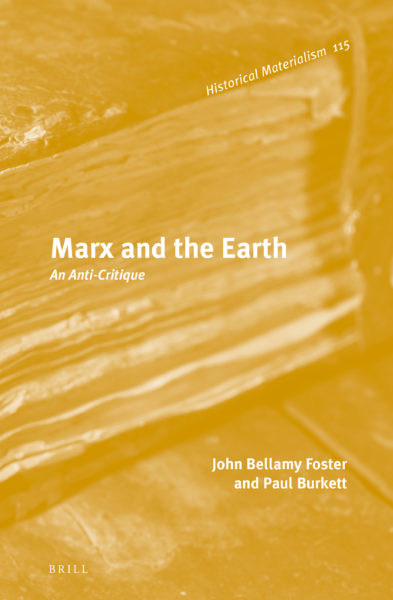“Foreword,” to Ian Angus, Facing the Anthropocene (New York: Monthly Reviwe Press, 2016), 9-17.
The Anthropocene, viewed as a new geological epoch displacing the Holocene epoch of the last 10,000 to 12,000 years, represents what has been called an “anthropogenic rift” in the history of the planet. Formally introduced into the contemporary scientific and environmental discussion by climatologist Paul Crutzen in 2000, it stands for the notion that human beings have become the primary emergent geological force affecting the future of the Earth System. Although often traced to the Industrial Revolution in the late eighteenth century, the Anthropocene is probably best seen as arising in the late 1940s and early 1950s.


